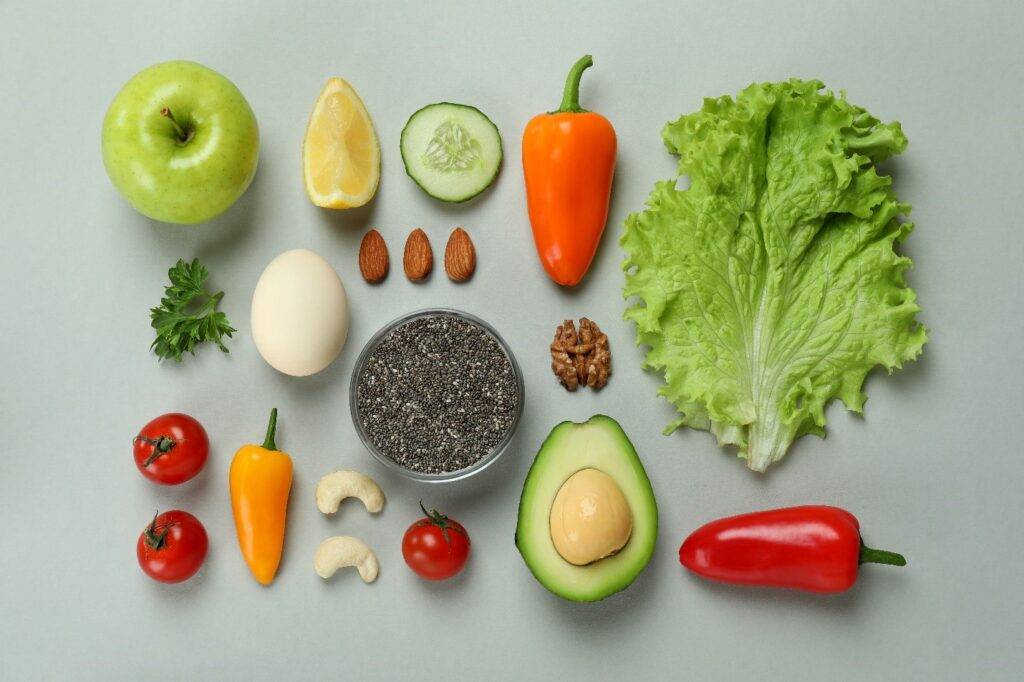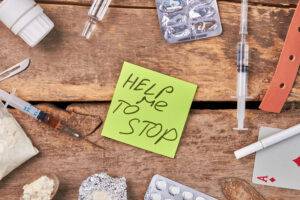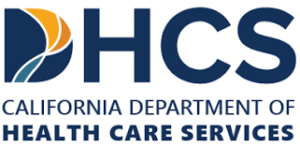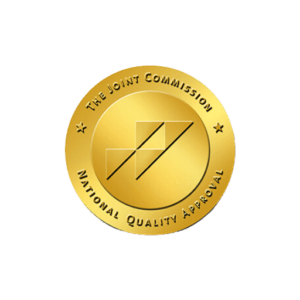Years of substance abuse in the military left me mentally and physically drained. In the thick of addiction, the realization of its impact on my nutritional status never hit me until I hit rock bottom. I came to understand the profound effect of substance abuse on nutritional status: it depleted my body of essential nutrients and weakened my immune system. And thus, my path to recovery began.
Understanding the Role of Nutrition in Recovery from Substance Abuse
The first step was accepting the connection between nutrition and substance abuse recovery. According to the National Institute on Drug Abuse (NIDA), substance abuse often leads to malnutrition, which hampers recovery. The body needs a balanced diet to repair the damage and restore physical health. Hence, building a good nutrition plan in recovery from substance abuse became a pivotal point in my journey.
The Hidden Cost of Substance Abuse
Substance abuse ravages the body in many ways, but its effect on nutritional status is often overlooked. It’s a vicious cycle: substance abuse leads to poor eating habits, which further exacerbate health issues, making it even harder to break free from the grip of addiction.
According to the American Society for Nutrition, individuals struggling with substance abuse often suffer from malnutrition. This occurs because many substances alter metabolic processes, disrupt nutrient absorption, and decrease appetite.
Nutrition as the Key: My Revelation
The road to recovery is a complex one, fraught with challenges. The first step is often acknowledging the problem. For me, that moment came when I stumbled upon an article detailing the relationship between nutrition and substance abuse. It was a lightbulb moment, illuminating the path to my salvation – nutrition for recovery from addiction.
Building My Nutrition Plan
To formulate my nutrition plan, I worked with a registered dietitian who understood the unique challenges I faced. Our focus was on:
- Protein: My diet lacked protein, which is vital for repairing body tissues damaged by substance abuse.
- Vitamins and Minerals: Fruits and vegetables became my best friends, supplying the necessary vitamins and minerals for overall health.
- Healthy Fats: I incorporated sources of healthy fats, like avocados and olive oil, which are essential for brain health.
- Hydration: Staying hydrated helped me manage withdrawal symptoms and flush out toxins.
Devising My Nutrition Plan for Recovery
The process of building a good nutrition plan in recovery from substance abuse required diligence and a deep understanding of my body’s unique needs. I partnered with my healthcare provider to map out a plan, emphasizing the following:
- Carbohydrates: Complex carbs, found in foods like whole grains, became a key part of my diet, offering a steady energy source.
- Fiber: Consuming a fiber-rich diet supported my digestive health.
- Antioxidants: Foods rich in antioxidants help combat the oxidative stress caused by substance abuse.
- Micronutrients: Supplements were needed to replace the vitamins and minerals depleted by my addiction.
Nutrition and Recovery from Addiction: The Change I Experienced
Gradually, as I embraced nutrition for recovery from addiction, I saw changes. My energy levels improved, my mental fog started clearing, and I began to regain my physical strength. I realized how nutrition for addiction recovery was helping me reclaim my life.

The Power of Nutrition in Substance Abuse Recovery
The powerful role of nutrition in recovery from substance abuse cannot be overstated. A research article published in Today’s Dietitian explains how adequate nutrition can help recovery from substance abuse by improving mood, reducing cravings, and enhancing overall health.
Key Elements of Nutrition for Addiction Recovery
- Adequate Hydration: Essential for detoxification and maintaining bodily functions.
- Balanced Diet: Ensures sufficient intake of essential nutrients.
- Regular Eating Schedule: Helps manage blood sugar levels and reduces cravings.
- Limiting Caffeine and Sugar: Prevents mood swings and supports overall health.
Staying Committed: The Struggles and Triumphs
Committing to the diet wasn’t easy. However, as I nourished my body, the results started to become evident. Better sleep, improved mood, and increased energy levels all served as motivation to stick with the plan.
A Look at The Science: Why Nutrition Matters
A peer-reviewed article published in the journal Advances in Nutrition highlighted that proper nutrition is a crucial component in the recovery process. Nutritional therapy can help restore physical health, improve mental well-being, and increase the effectiveness of addiction treatments.
More Essential Elements in Nutrition for Recovery
As I ventured deeper into my recovery journey, I learned more about the importance of these elements in my diet:
- Omega-3 Fatty Acids: Important for brain health and mood regulation.
- Amino Acids: Essential for neurotransmitter production, which impacts mood and cravings.
- Probiotics: Supports gut health, which is increasingly recognized as linked to mental well-being.
Continuing My Journey: Nutrition and Substance Abuse Recovery
My journey continues. Each day I take steps to sustain the changes I’ve made in my diet. The connection between nutrition and substance abuse recovery remains the cornerstone of my path to wellness.
How Can Nutrition Help Recovery from Substance Abuse? My Advice
For those who ask, “How can nutrition help recovery from substance abuse?” I’d say – start by accepting the role of nutrition in recovery from substance abuse. Seek guidance from professionals to build a good nutrition plan in recovery from substance abuse and commit to it.
Transforming Lives: Nutrition and Substance Abuse Recovery
As I share my story, I hope to inspire others to navigate the tumultuous waters of substance abuse recovery. Embracing nutrition for recovery from addiction transformed my life, and it can do the same for others.
I am a living testament to the transformative power of nutrition in substance abuse recovery. If I can make it, so can you. Embrace the healing power of food and take the journey of recovery one step at a time. Nutrition for recovery from addiction is not just a concept; it’s a powerful tool in reclaiming your life and health.









